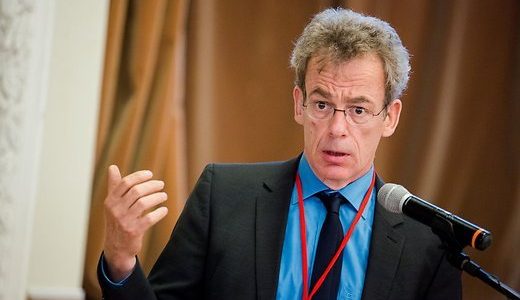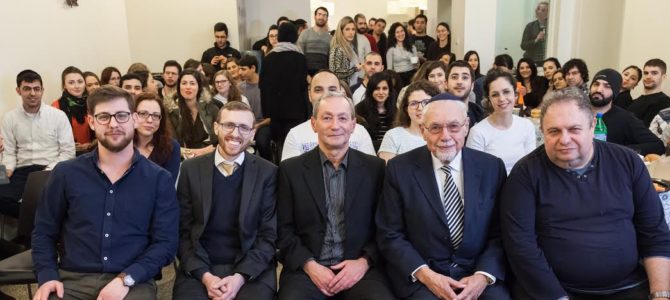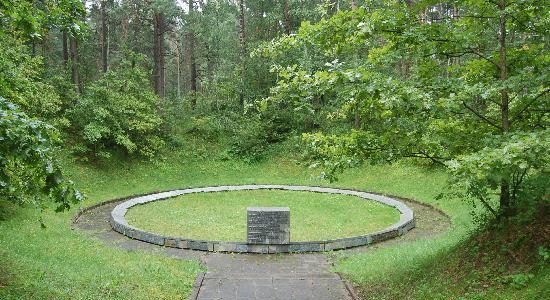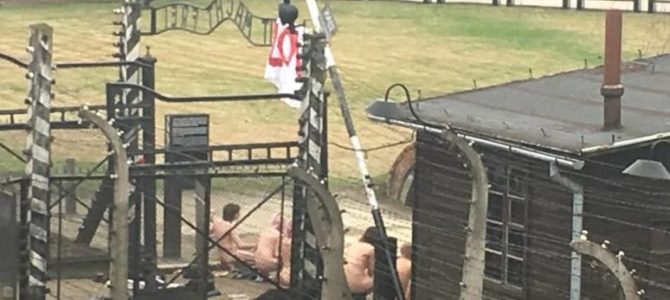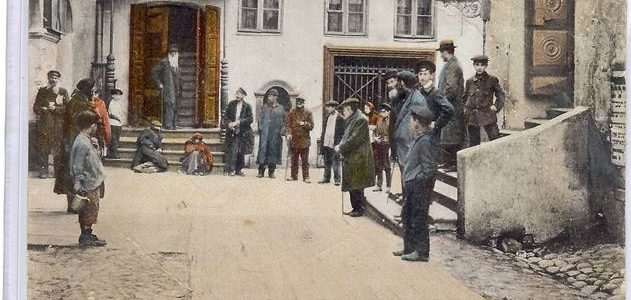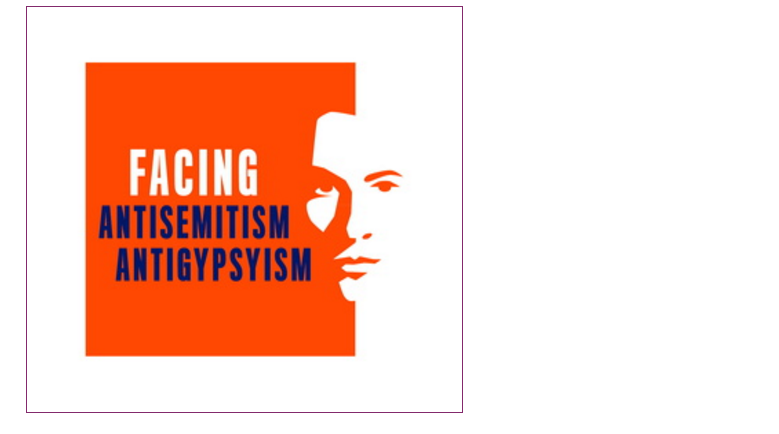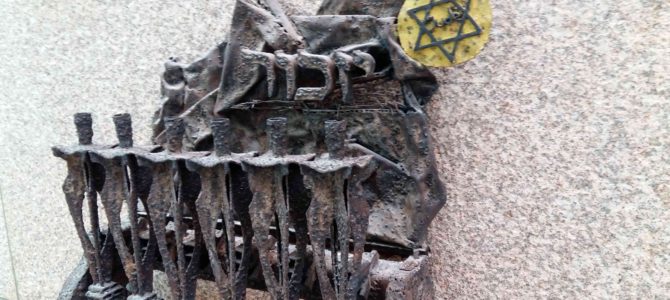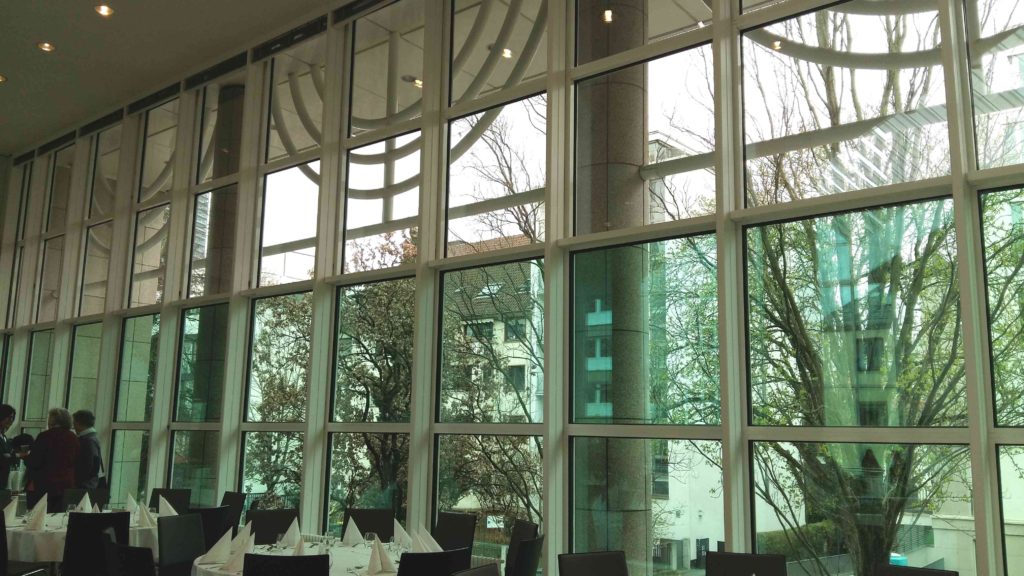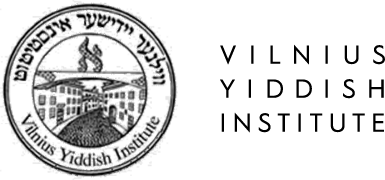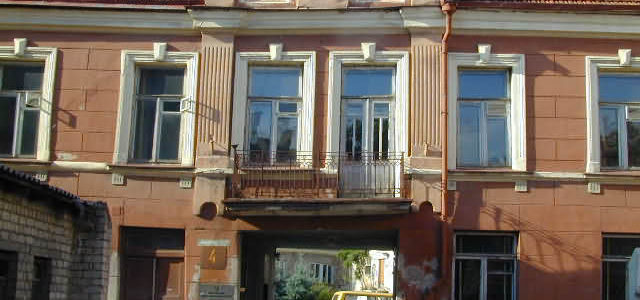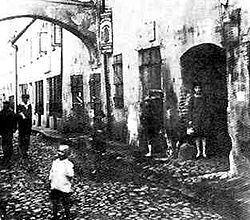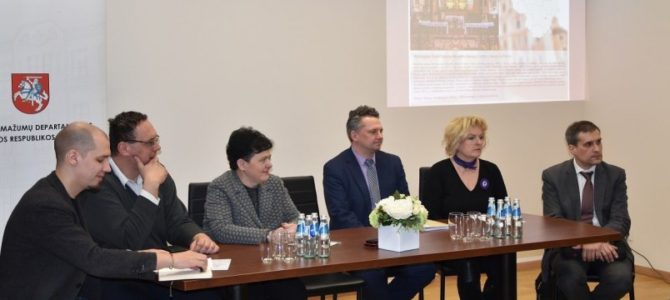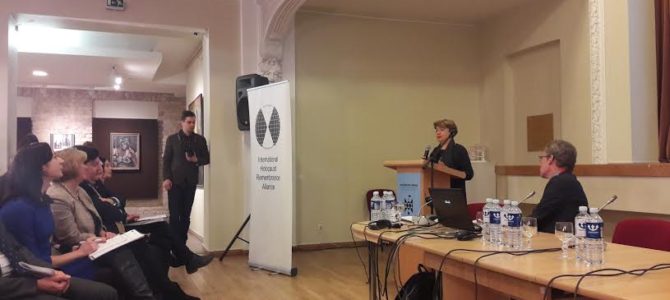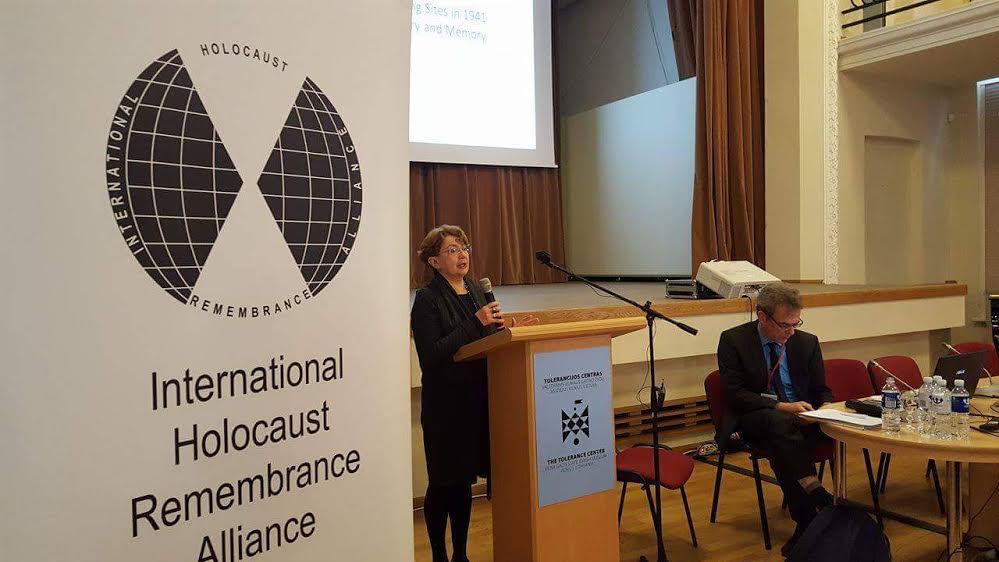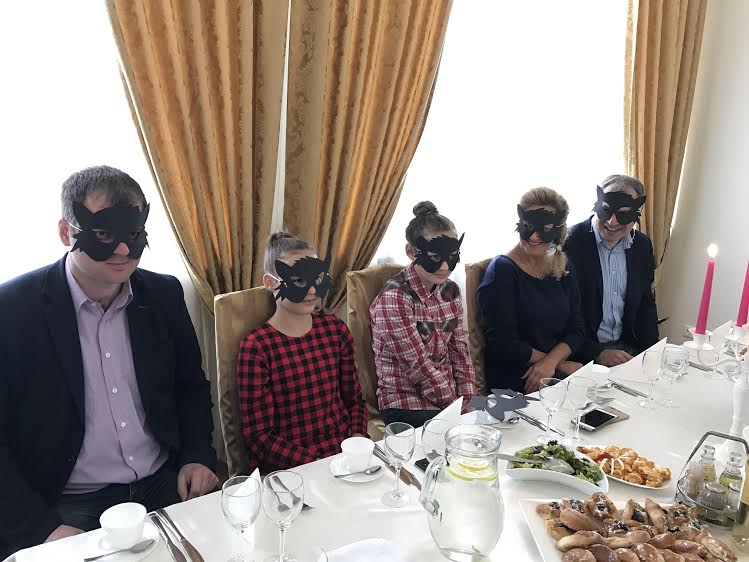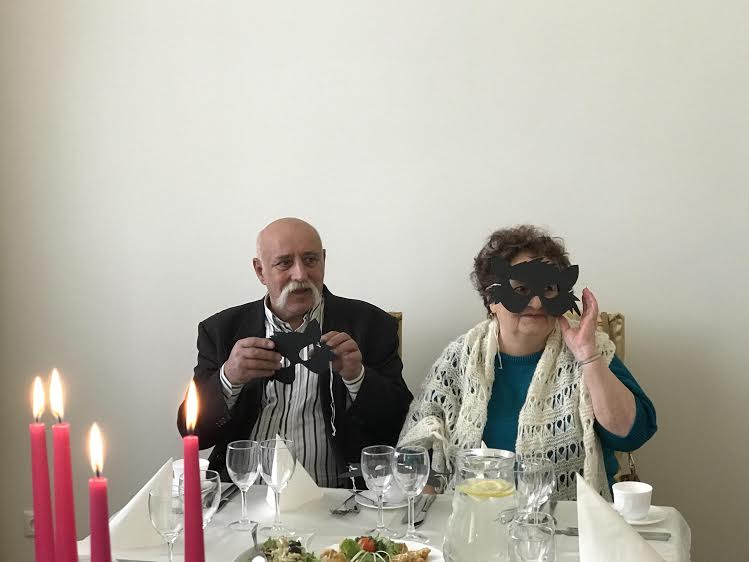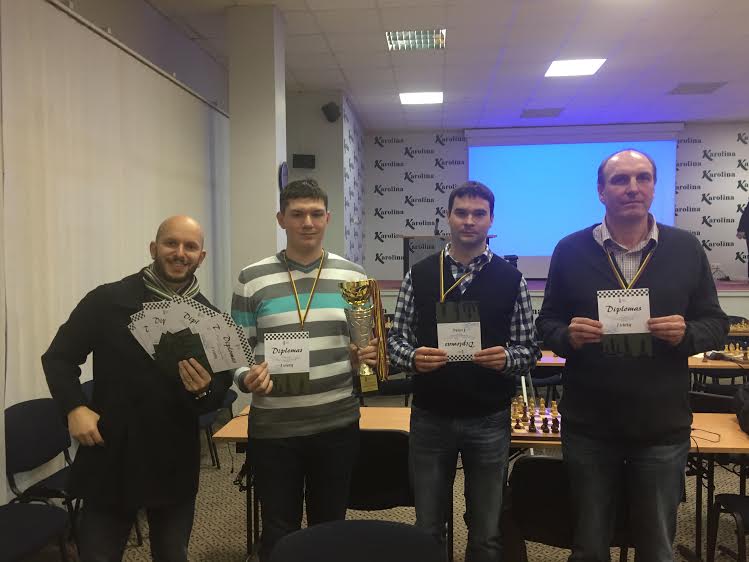The Lithuanian Jewish Community’s webpage is providing information about election procedures for the Vilnius Jewish Community and there will be a method for commenting implemented for upcoming elections.
Vilnius Jewish Community Elections for 2017
Dates for Sittings of the Vilnius Jewish Community Board of Directors and Vilnius Jewish Community Conference
Section 7, point 7.1.1 of the regulations of the Vilnius Jewish Community provides a conference of the Vilnius Jewish Community must be convoked and organized by the Vilnius Jewish Community once annually and not more than 4 months after the end of the fiscal year and following independent audit. The Vilnius Jewish Community is planning to hold a meeting of the Vilnius Jewish Community board of directors in April, 2017, at which an annual activities and financial report of the Vilnius Jewish Community and the results of an independent financial audit will be presented, and a decision adopted on the convocation and agenda of a Vilnius Jewish Community conference. Section 7, point 7.1.2 of the regulations of the Vilnius Jewish Community provides announcement of the convening of a conference of the Vilnius Jewish Community must be made publicly in the Lithuanian newspaper Lietuvos rytas at least 30 calendar days in advance of the conference. The announcement must include the date, location and agenda. Based on this point the Vilnius Jewish Community is planning to hold a conference in May or June of 2017.
Voting at the Vilnius Jewish Community Conference
Section 7, point 7.2.12 of the regulations of the Vilnius Jewish Community says each member of the Vilnius Jewish Community has a single vote. The number of members participating at the Vilnius Jewish Community conference is determined from registration pages where Vilnius Jewish Community members attending the conference have registered. A quorum is established by consent of the Vilnius Jewish Community and based on common sense. Once a quorum has been established, it is considered to be in effect throughout the Vilnius Jewish Community conference. Note that based on section 7, point 7.2.13 of the regulations of the Vilnius Jewish Community if there is no quorum determined for the Vilnius Jewish Community conference, a repeat conference must be called after 5 days but before 15 days have elapsed which has the right to make decisions on the agenda of the previous failed conference without regard to the number of Vilnius Jewish Community members participating. Member are to be informed of the repeat Vilnius Jewish Community conference in the same way as the first Vilnius Jewish Community conference was called. Therefore the Vilnius Jewish Community calls upon all Vilnius Jewish Community members to be active, to follow informational announcements and to participate at the Vilnius Jewish Community conference, so that a second conference wouldn’t be necessary.
Section 7, point 7.2.14 of the regulations of the Vilnius Jewish Community prescribes decisions are adopted by a simple majority of votes, i.e., a decision is made if more participating Vilnius Jewish Community members vote “for” than the number voting “against” (abstentions aren’t counted and those voting to abstain are not considered participants in the poll). Note that the chairman of the Vilnius Jewish Community is elected if more than half of the members participating at the Vilnius Jewish Community conference vote for him (section 9, point 9.2.2 of the regulations of the Vilnius Jewish Community). If no candidate receives more than half of the votes, another poll is held. In the second poll the two candidates with the largest number of votes compete. The candidate in the second poll with the largest number of votes is considered elected (section 9, point 9.2.3 of the regulations of the Vilnius Jewish Community).
Under section 7, point 7.2.15 of the regulations of the Vilnius Jewish Community, decisions at the Vilnius Jewish Community are adopted through a public vote. Secret balloting may be held if more than half of the Vilnius Jewish Community members participating demand it.
Section 7, point 7.2.5 of the regulations of the Vilnius Jewish Community provides that a Vilnius Jewish Community member (real person) who is unable to participate at the Vilnius Jewish Community conference may authorize another member to cast a vote in his place on all items on the agenda of the Vilnius Jewish Community conference. Such authorization must indicate clearly how the proxy is to vote on each item on the agenda. Under the laws of the Republic of Lithuania, these powers granted by a real person to represent another in relation with corporate entities must be confirmed by notary public.
Current Term of Office of Chairman of the Vilnius Jewish Community
Faina Kukliansky was elected chairwoman of the Vilnius Jewish Community April 3, 2013. Based on the regulations of the Vilnius Jewish Community, the chairman of the Vilnius Jewish Community is elected once every four years. That means the current term of Faina Kukliansky ends on April 3, 2017, but the person in the post of chairman/chairwoman of the Vilnius Jewish Community will remain in that post until a new person is elected if she is re-elected, in this case at the Vilnius Jewish Community conference in 2017, under the procedures set forth in the regulations of the Vilnius Jewish Community.
Additional Information
The Vilnius Jewish Community calls upon its members to take part actively in the election for the post of chairman/chairwoman of the Vilnius Jewish Community and recommends members become acquainted with the regulations and articles of incorporation and the membership roster of the Vilnius Jewish Community which may be inspected on work days at the office of Monika Antanaitytė (room 201, second floor, Lithuanian Jewish Community, Vilnius). Membership rolls will not be made available to the general public via internet. If you aren’t sure whether you are a member, find out by contacing Monika Antanaitytė, info@lzb.lt, telephone +370 672 40942.
Note as well that all Vilnius Jewish Community members planning to attend the Vilnius Jewish Community conference must have paid their membership dues for the period before the conference.
Under section 5, point 5.3 of the regulations of the Vilnius Jewish Community, the Vilnius Jewish Community board of directors may suspend a member’s activities on the Vilnius Jewish Community board of directors and/or in the Vilnius Jewish Community if that member has systematically (more than three times) failed to pay membership dues.
